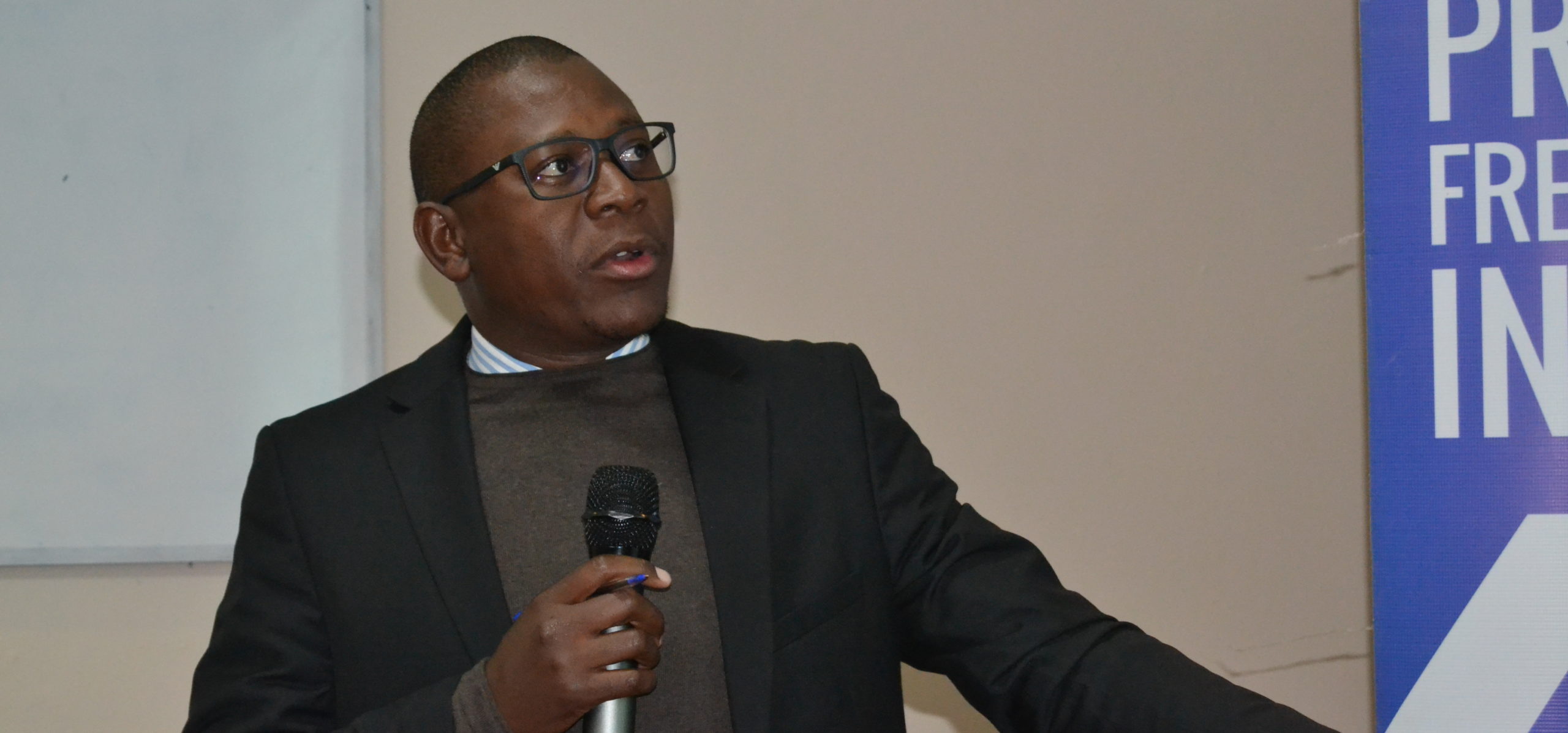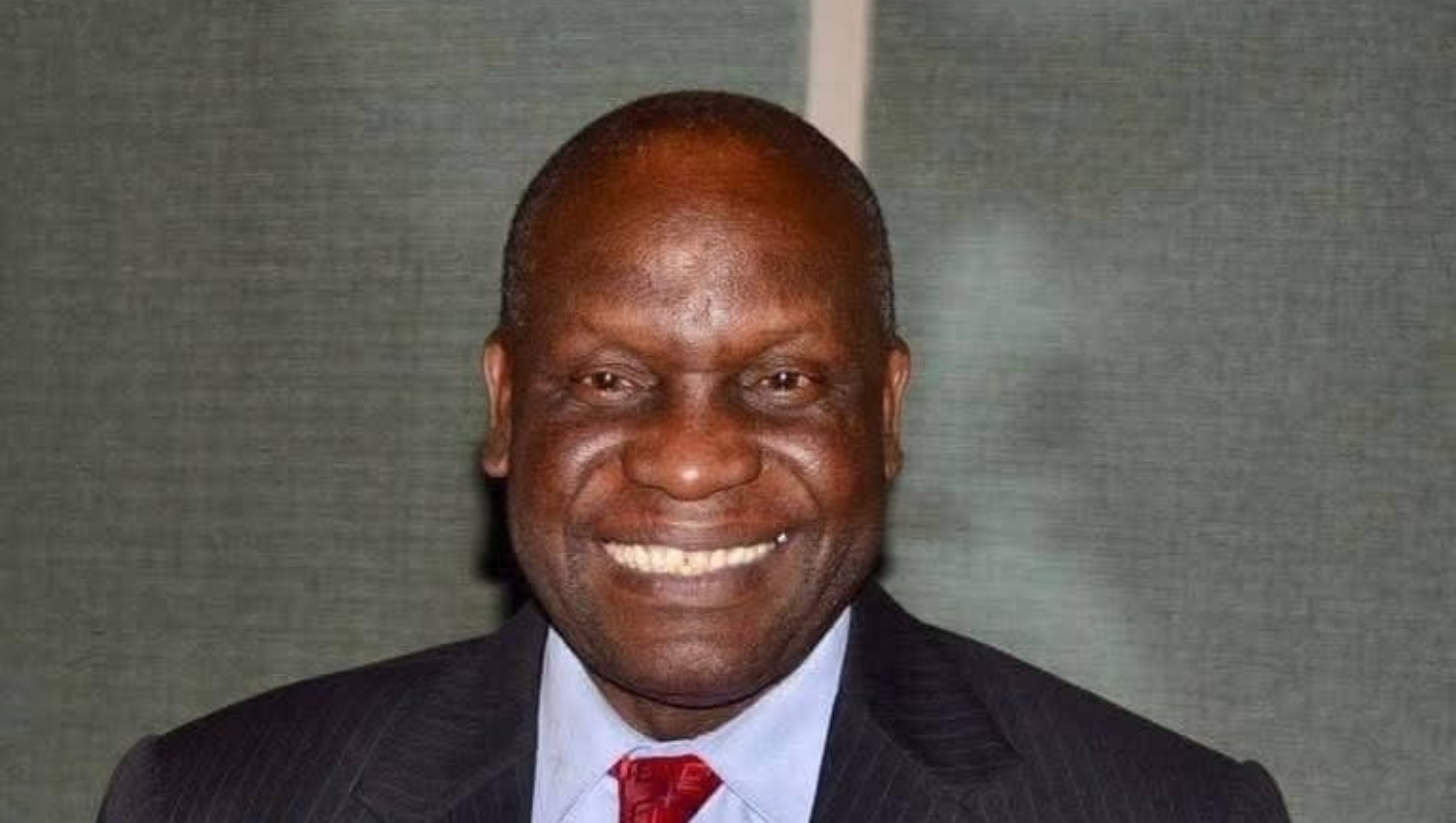Advocate Daniel Libati says civil society should consider advocating for a policy to be put in place before the government enacts any cyber legislation.
Making a presentation on the Civil Society draft Bill on Cyber regulation during a stakeholder’s consultative session, Mr. Libati says civil society can do this, if the government goes ahead to enact cyber laws that are infringing on human rights.
He noted that the Zambian constitution also provides for safeguards for civil society to challenge such a law if it is infringing on the rights of citizens.
Mr. Libati further explained that Article 24-25 of the African Union Convention on cybersecurity provides for the establishment of policy with stakeholder’s engagement which should be inform the development of the law adding that this would ensure that the law speaks to policy.
Advocate Libati’s comments come in relation to the Zambian Government proposal to enact laws to regulate the cyber space.
While government has been indicating this intention, many stakeholders have raised concern as the process has been secretive and non-consultative.
To ensure stakeholders have a yardstick to use to measure whether the proposed laws have upheld freedom of expression, the right of access to information and media freedom, MISA Zambia with support from OSISA commenced the process of developing model laws based on best practices and input of the stakeholders.
Some of the objectives of the Civil Society Cybercrimes Bill include:
- authorise the taking of measures to ensure cyber security in Zambia;
- protect victims against cybercrime;
- provide for Child Online Protection;
- criminalise offences against computers and network related crime;
- provide for investigation and collection of evidence for computer and network related crime; and
- provide for the admission of electronic evidence for such offences.
For the proposed model law: http://crm.misa.org/upload/web/proposed-civil-society-alternative-cyber-crimes-bill.pdf









